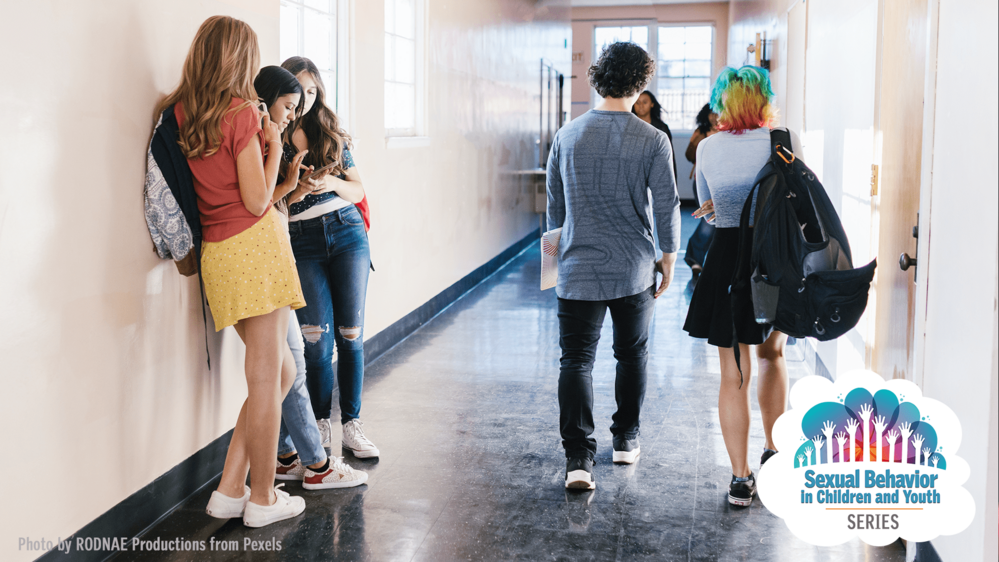About this Webinar:
One of the many troubling aspects of child sexual victimization is the high proportion of teens who engage younger children in sexual behaviors or peers in coerced sexual behaviors. Juvenile justice records indicate that 14 years of age is the modal age of children exhibiting problematic sexual behaviors (PSB) towards prepubescent children (Finkelhor et al., 2009; Snyder, 2000). These statistics may seem surprising until we consider that early adolescence is when most children begin engaging in sexual behaviors with others and begin navigating sexual relationships.
The goal of this session is to demonstrate how a school-based universal prevention program called Responsible Behavior with Younger Children (RBYC) might be used to prevent PSB directed towards younger children and also peers.
Learning Objectives:
- Examine a new prevention program aimed at preventing the onset of PBS directed towards younger children and peers by targeting young adolescents with universal prevention programming.
- Examine the preliminary results of a pilot test of the RBYC intervention on select proximal outcomes (e.g., increased knowledge of developmental differences between adolescents and younger children).
- Discuss challenges and lessons learned while conducting a study about CSA in a U.S.-based public school system.
- Describe next steps (based on study results) to design, test, and disseminate effective prevention programming and the ongoing adaptation of RBYC curriculum to teens with intellectual and developmental disabilities (IDD).
Presenters:
Amanda Ruzicka, MA, is a Senior Research Associate in the Department of Mental Health and the Director of Research Operations at the Moore Center for the Prevention of Child Sexual Abuse, both housed within the Johns Hopkins Bloomberg School of Public Health.
Amanda’s research focuses on the development and evaluation of child sexual abuse prevention interventions. She is a co-developer of a child sexual abuse prevention intervention for middle school students and an online intervention for individuals with sexual attraction to children.
Luciana Assini-Meytin, Ph.D., is an Assistant Scientist at the Moore Center for the Prevention of Child Sexual Abuse at the Johns Hopkins Bloomberg School of Public Health, Department of Mental Health.
Her research is primarily concentrated on the development and evaluation of strategies to prevent children from being sexually abused. Dr. Assini-Meytin has collaborated in several projects focusing on the characterization and development of guidelines for preventing child sexual abuse in organizational settings.


Comments (1)